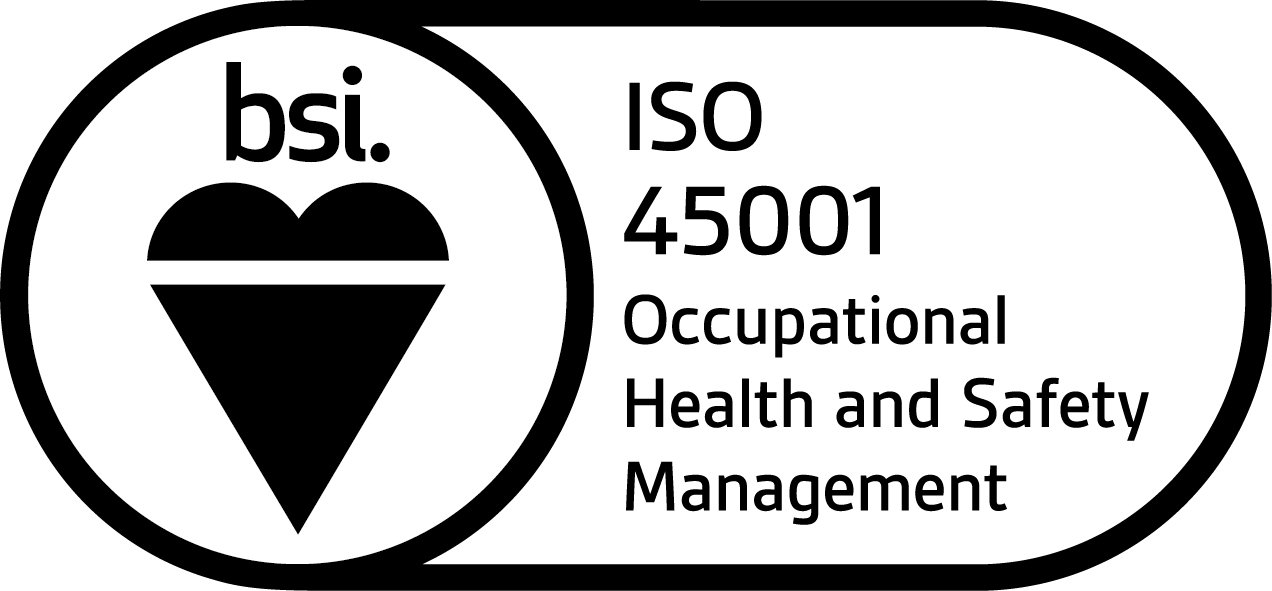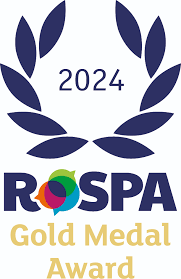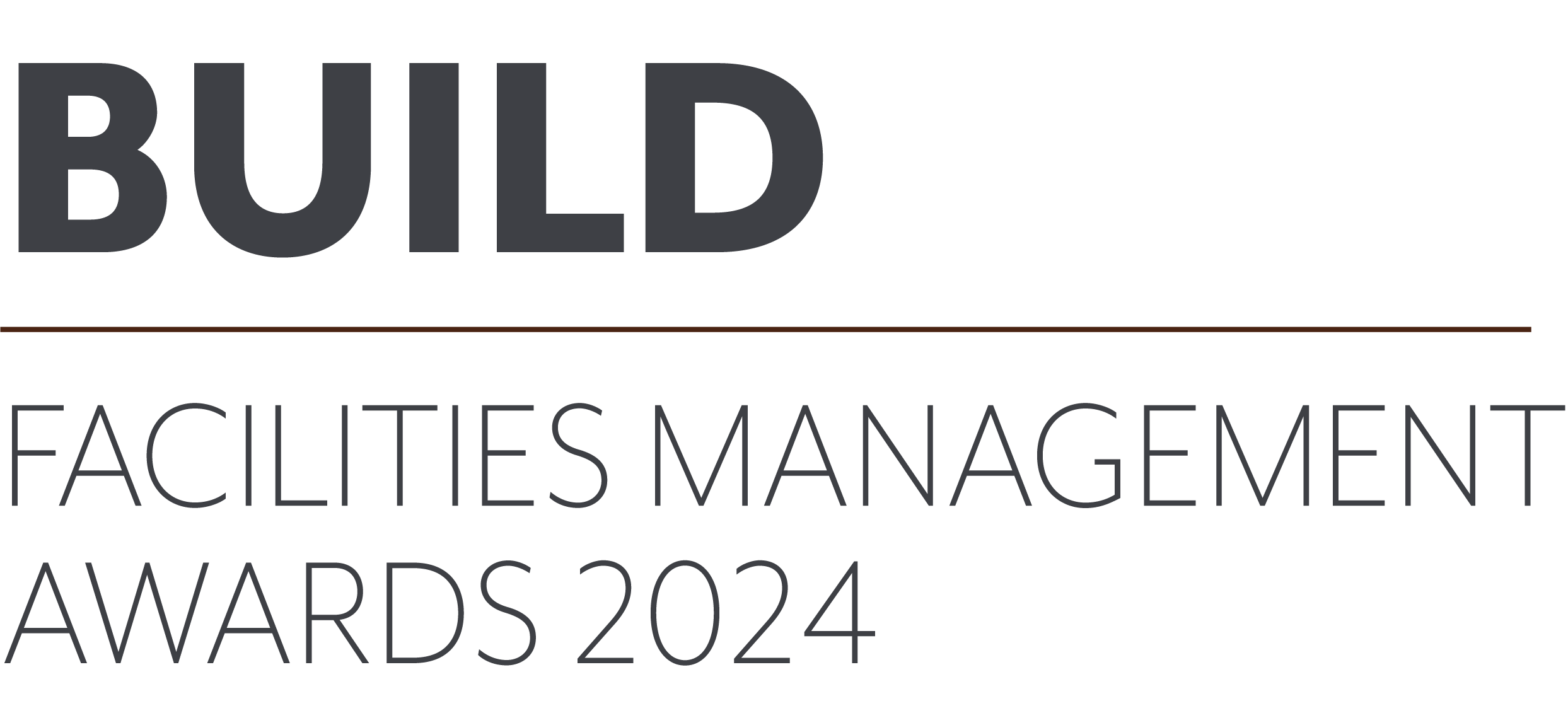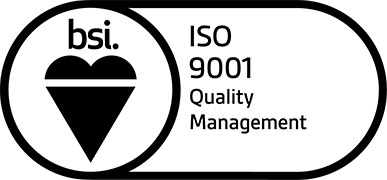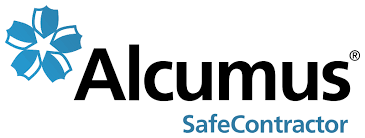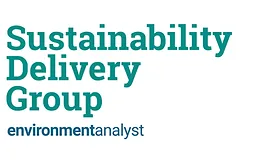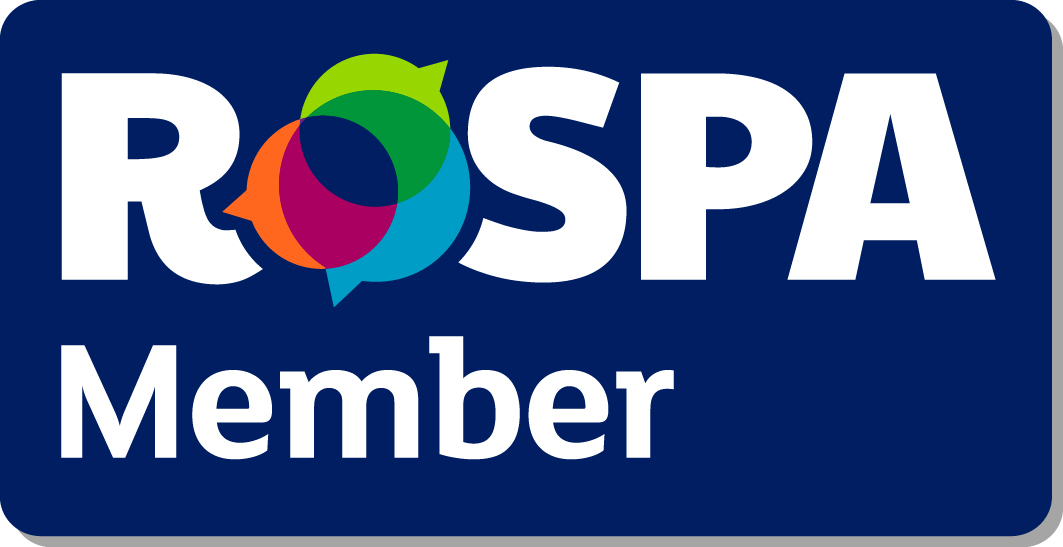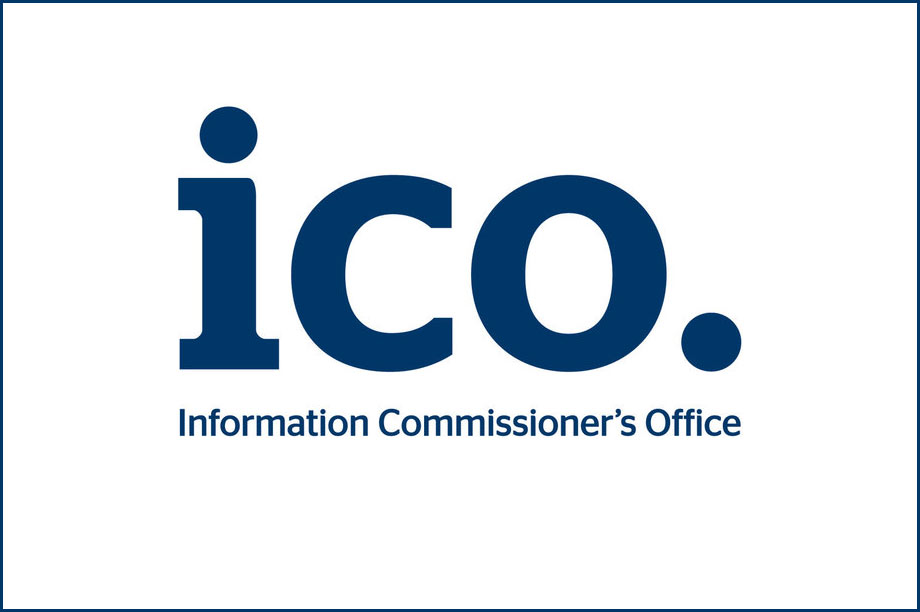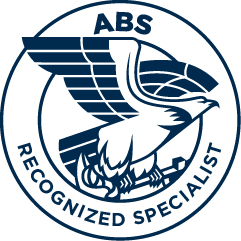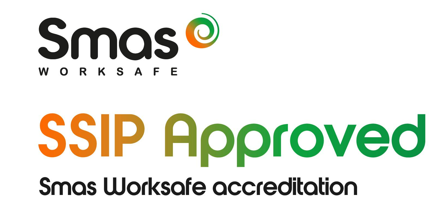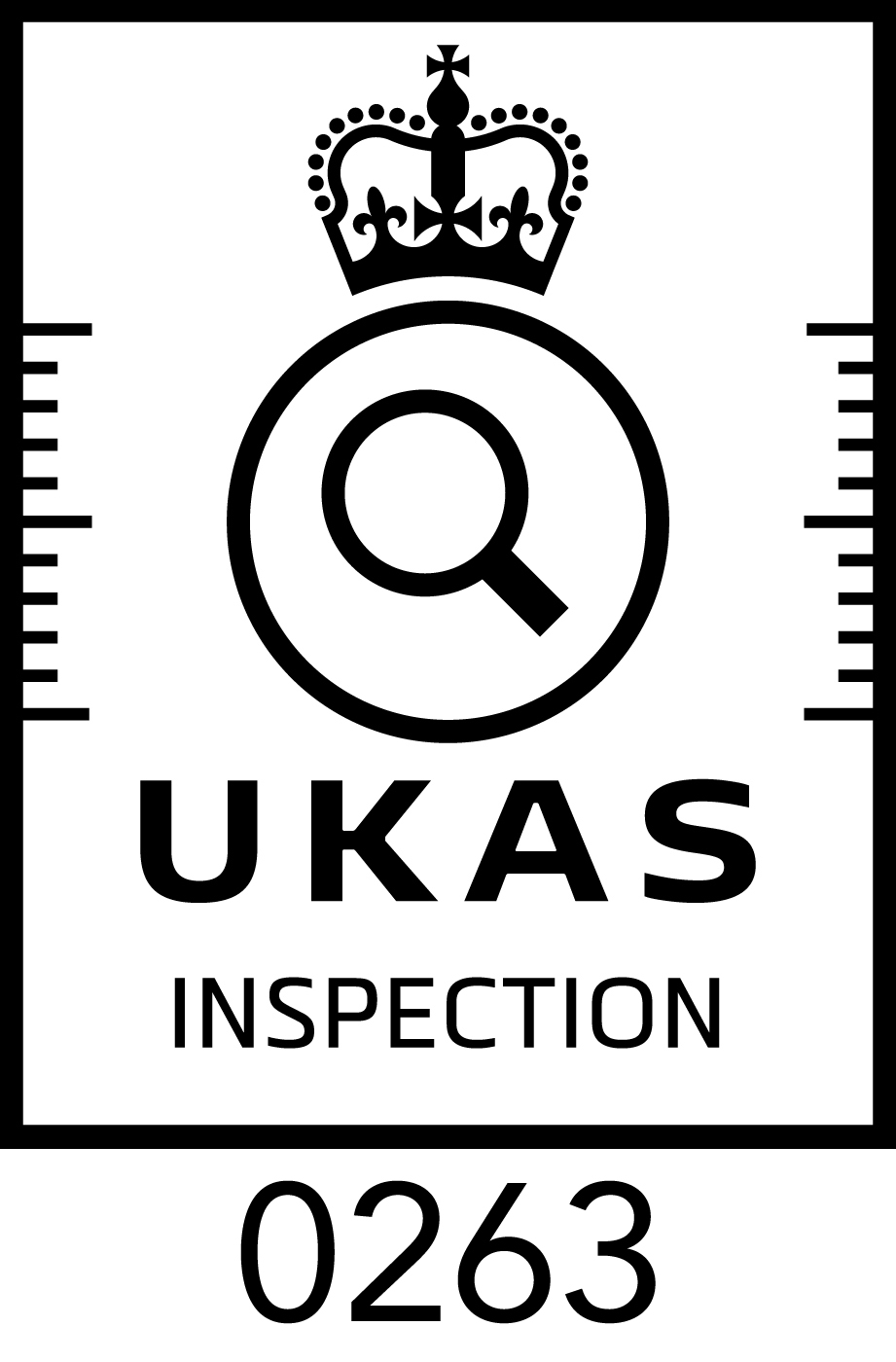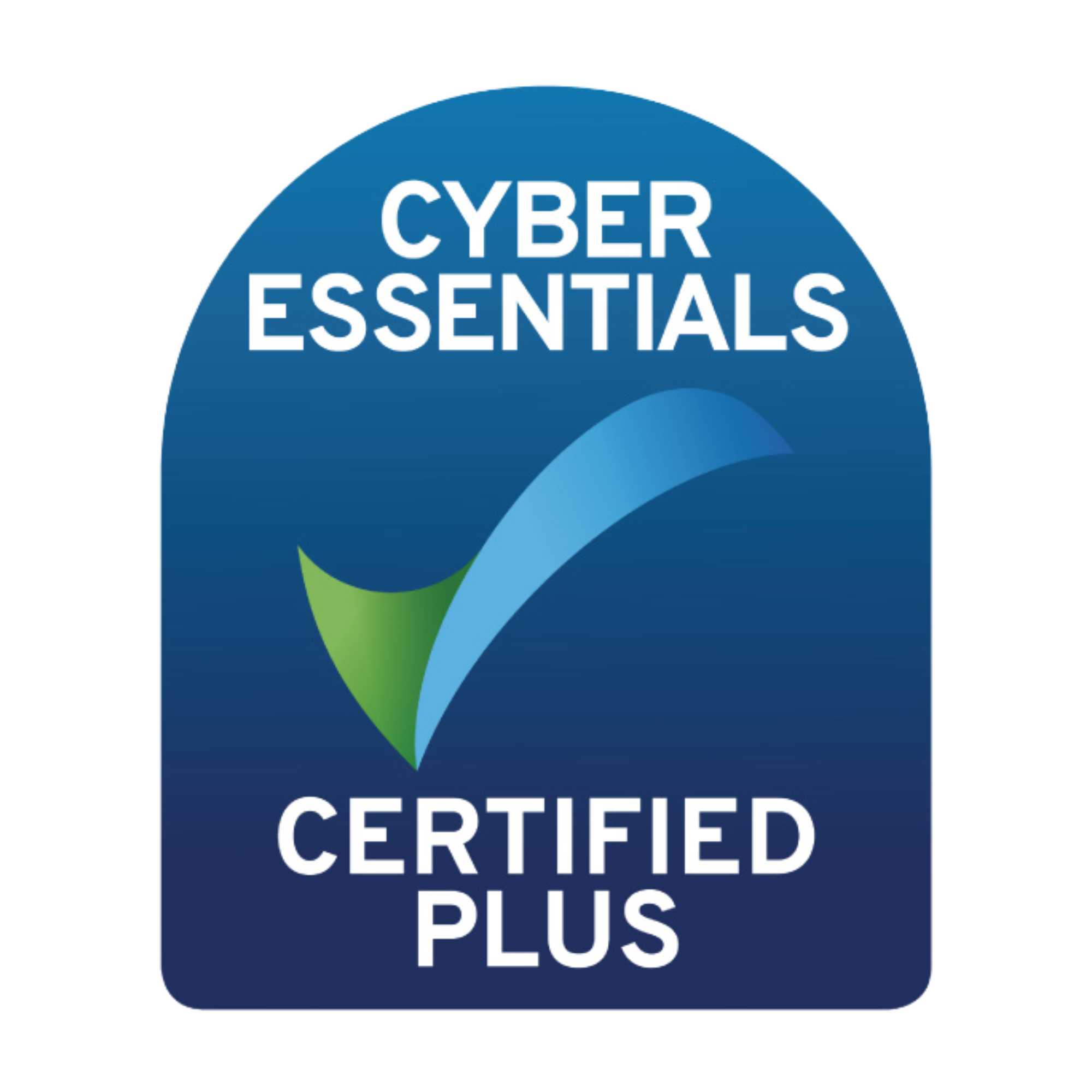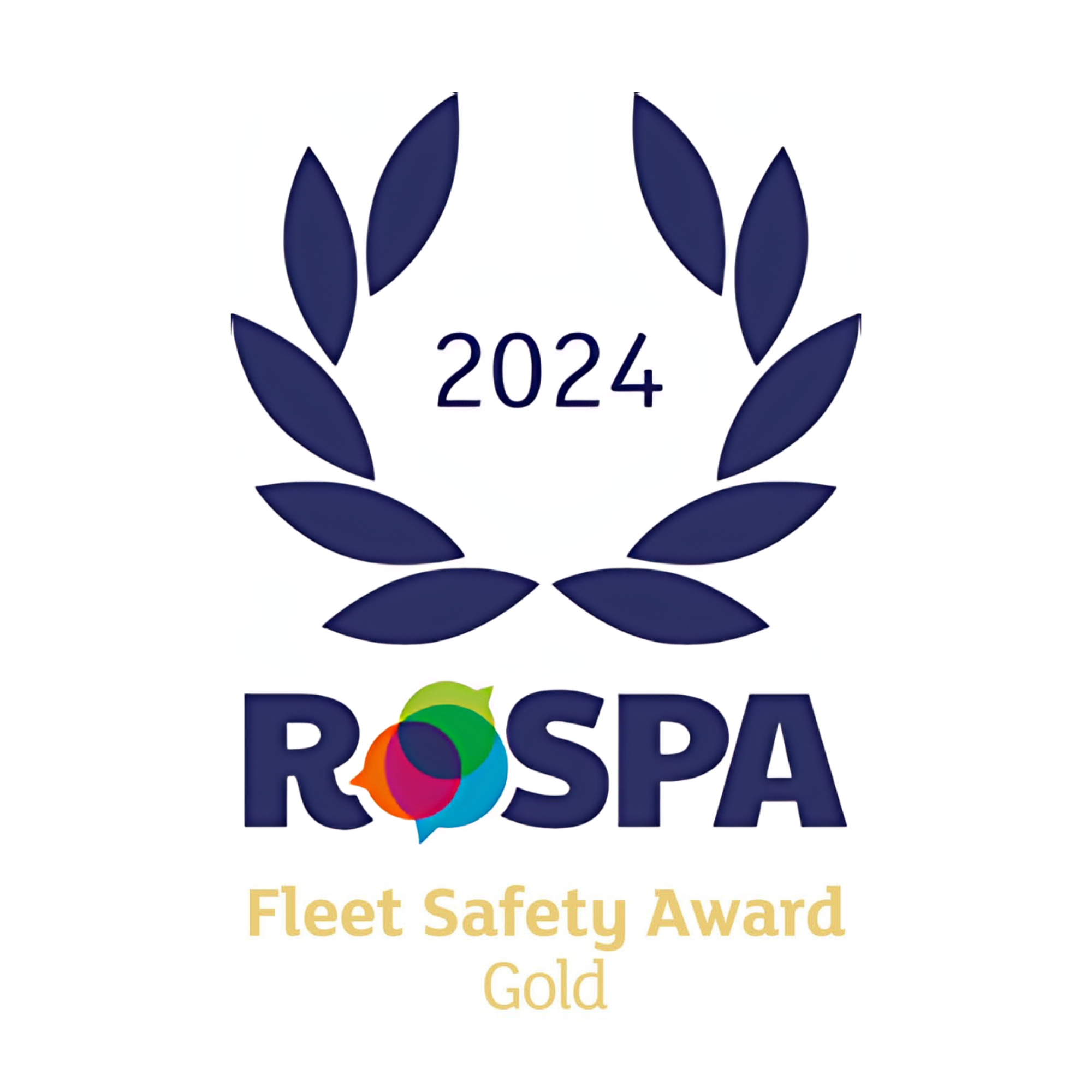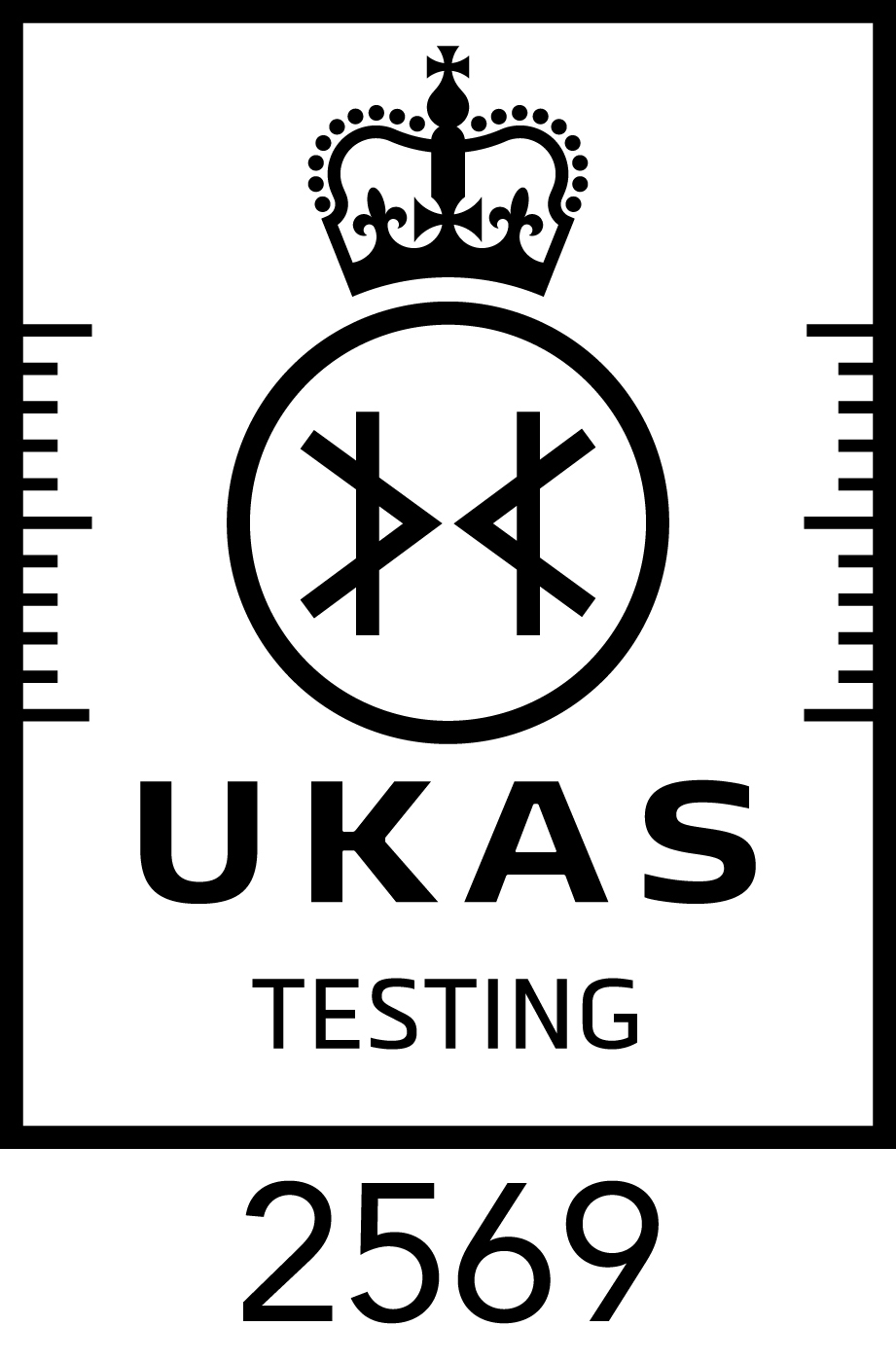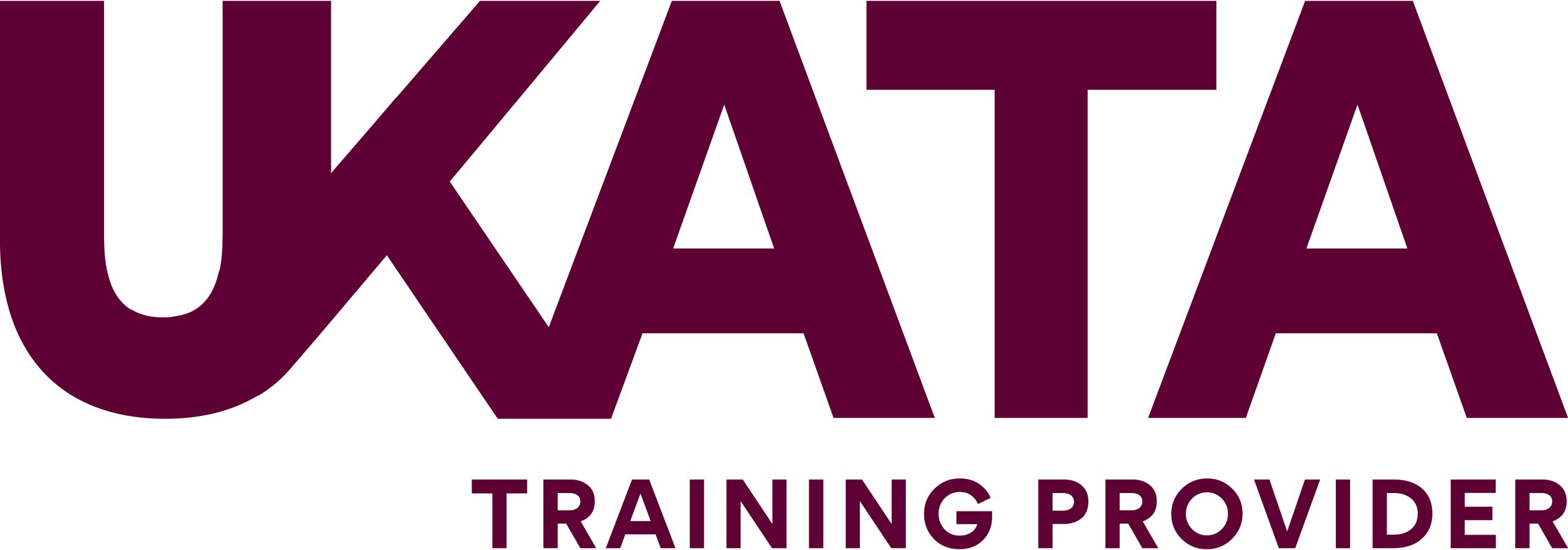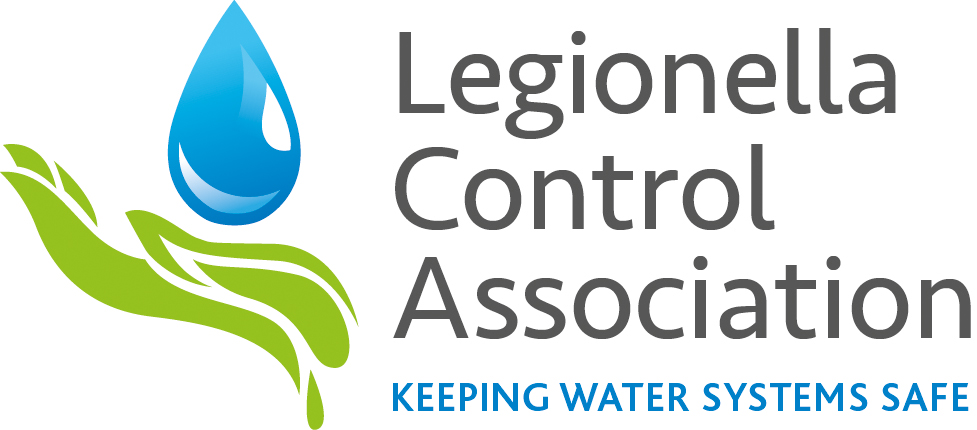Protecting people and planet
Protecting people and planet
Protecting people and planet
Protecting people and planet
Protecting people and planet
Waste Exemptions Are Changing in England and Wales. Are You Prepared?

Lucion Group
15th December, 2023
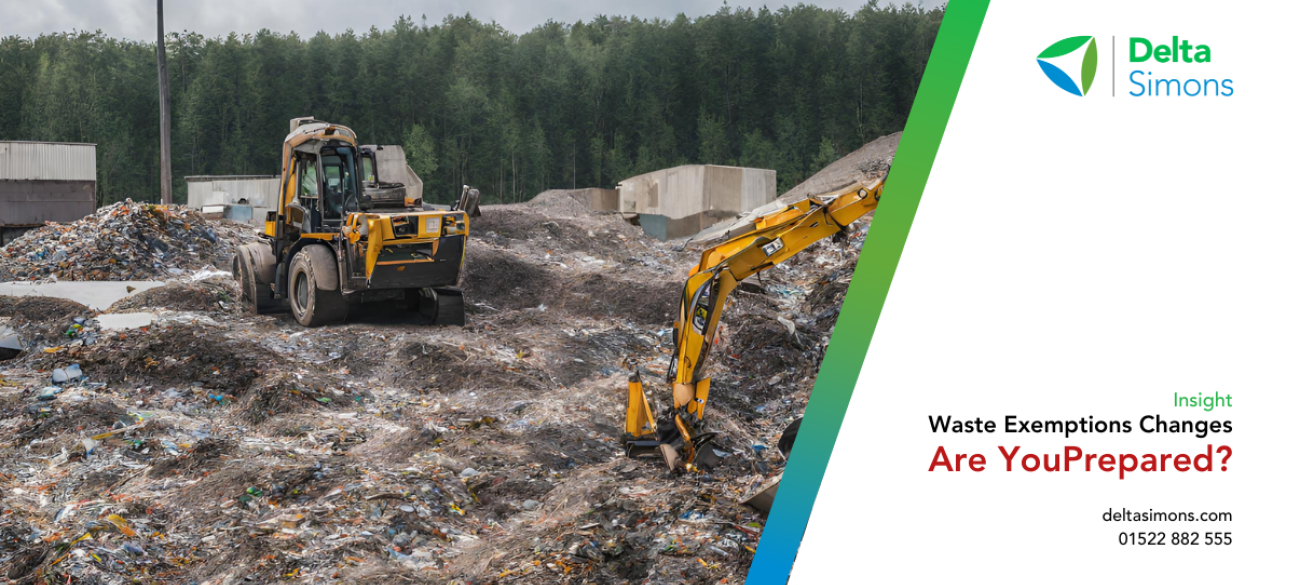
Reforms to the Environmental Permitting Regulations are expected to come into force between 2024 and 2025 and will bring a series of changes to the current Waste Exemptions.
Ahead of these significant changes, Environment Health and Safety (EHS) Principal Consultant Sam Smith from Delta-Simons Ltd, part of the Lucion Group, provides insight into what these changes mean for the thousands of operators using waste exemptions.
Following a consultation published by Department for Environment, Food & Rural Affairs and the Welsh Government in 2018, the Environment Agency and Natural Resource Wales intend make changes to the existing exemptions listed in the Environmental Permitting (England and Wales) Regulations 2016 (as amended) (known as EPRs). The Environment Agency estimates that approximately 18% of all waste in England is illegally managed and the tightening of the waste exemptions aims to support the Government’s pledge to eliminate waste crime by 2043 and improve the performance of the waste sector.
If you engage in activities regulated through waste exemptions, it is crucial to comprehend the implications of these changes, prepare properly and take appropriate action.
What are Waste Exemptions?
Waste exemptions enable operators to complete certain low-risk waste activities without an environmental permit. The operator must register each exemption they utilise with the regulator, such as the Environment Agency or Natural Resource Wales.
Exemptions are split into four categories to cover using, disposing, treating and storing waste and with the exception of the T11 waste exemption (which covers repairing or refurbishing waste electrical and electronic equipment (WEEE)), they are currently free to register. Each exemption has limits and conditions that must be met and once registered, exemptions last 3 years.
What are the changes proposed? And when?
All operators using waste exemptions need to be aware that as soon as the EPRs are amended, they will be expected to keep electronic records demonstrating compliance with the exemptions and ensure that all waste codes and descriptions are correct. The proposed revisions also alter the waste codes that can be handled under some of the exemptions. It is important that operators understand how the waste they manage will be affected by the changes to the exemptions.
It is now expected that the new EPRs will come into law in Autumn 2024 at the earliest and this will be followed by a transitional period for the application of the new rules for each waste exemption, during which time operators must adjust to the new conditions and take the necessary measures to ensure compliance.
For example, within 6 months of the EPRs being amended, operating a waste activity under an exemption on or next to (where there is a direct link) a permitted waste operation or installation (generally these are facilities that complete industrial, waste and intensive farming activities) will not be allowed. Likewise, the amount of waste handled on sites with multiple exemptions registered will be restricted to the lowest quantity limit for each waste type in the registered exemptions. This could significantly impact your operations, so it is important to understand your current activities, future options and plan accordingly.
It is also likely that waste exemptions will no longer be free to register and the regulators will use the registration fees to boost their compliance activity as well as deter unnecessary registrations. Final confirmation of the regulator approach is expected soon.
By the end of the transition period, which varies depending upon the exemption, operators will need to have adapted to the new exemption regime, applied for an appropriate permit, restricted or stopped their waste activity to comply with the exemption changes. The annexes of Defra’s supplementary Government response provide pages of detail on the proposed changes to each exemption and the conditions for specific waste types that will be changed. However, to give an overview of the changes to the ten waste exemptions deemed to be of most concern, we have provided a summary table at the end of this article.
What happens if I do nothing?
If you do not operate within the new limits and conditions of your exemptions, your activity may be regarded by the Regulator as illegal and be subjected to enforcement actions, such as fines, closure and jail sentences, depending upon the circumstances and severity.
How can Delta-Simons help?
Delta-Simons can help you through each stage of these changes. For example, we can conduct a gap analysis on your operations and assess how the changes will impact you. From there we can explain your options and help you plan and execute a compliance strategy best suited to your site and future goals.
To talk about the changes and any concerns that you may have, as well as to start to understand if you will be affected, please contact our team:
T: +44 (0)1522 882 555
Summary of proposed changes
|
Exemption (current name) |
Summary of changes |
Transitional period following amendment of the EPRs |
|
U1 – Use of waste in construction |
The name will be changed to, ‘Use of wastes to construct and maintain surfaces and barriers.’ The revisions will make the U1 exemption more restrictive in relation to the use of waste and specify the permitted uses. |
12 months |
|
U16 – Use of depolluted ELVs for parts |
This exemption will be removed – operators will require an environmental permit to continue this activity. |
3 months |
|
T4 – Preparatory treatments (baling, sorting, shredding etc.) |
The name will be changed to, ‘Preparatory treatment of waste.’ The revisions aim to reduce risk by reducing storage times and adding requirements such as separation distances that may affect the site layout. |
6 months |
|
T6 – Treating waste woods and waste plant matter by chipping, shredding, cutting, or pulverising |
The name will be changed to, ‘Treatment of waste wood and plant matter’. The revisions will reduce the storage limits and amend conditions for specified waste types to ensure better turnover and reduce stockpiling. |
6 months |
|
T8 – Mechanically treating end-of-waste tyres |
This exemption will be removed – operators will require an environmental permit to continue this activity. |
3 months |
|
T9 – Recovering scrap metal |
This exemption will be removed – operators will require an environmental permit to continue this activity. |
3 months |
|
T12 – Manually treating waste |
The revisions will reduce the storage limits and amend conditions for specified waste types. |
6 months |
|
D7 – Burning waste in the open |
The name will be changed to, ‘Burning of vegetation at the place of production.’ The revisions will reduce the number of waste types and volumes that can be burnt. |
6 months |
|
S1 – Store waste in secure containers |
The names will be changed to include, ‘pending recovery elsewhere.’ The revisions will introduce amendments specific to the waste types. The wider reforms will also prohibit registering multiple exemptions at a site, or on or with a direct link to an environmental permit or using these exemptions to increase storage capacity at the site. |
12 months |
|
S2 – Storing waste in a secure place |
Register for IMPACT Bulletin
Don’t miss a beat - get the latest insights and updates from Lucion straight to your inbox.
